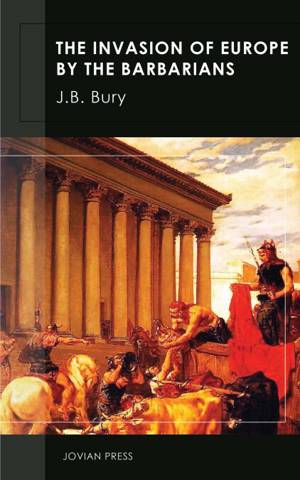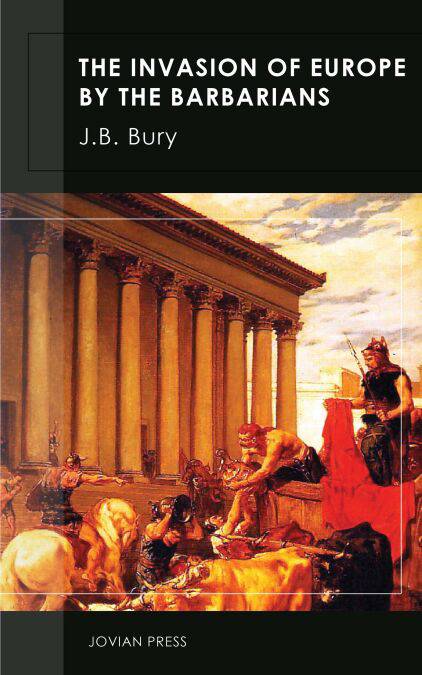
- Afhalen na 1 uur in een winkel met voorraad
- Gratis thuislevering in België vanaf € 30
- Ruim aanbod met 7 miljoen producten
- Afhalen na 1 uur in een winkel met voorraad
- Gratis thuislevering in België vanaf € 30
- Ruim aanbod met 7 miljoen producten
Zoeken
Omschrijving
THE present series of lectures is designed to give a broad and general view of the long sequence of the migratory movements of the northern barbarians which began in the third and fourth centuries A. D. and cannot be said to have terminated till the ninth. This long process shaped Europe into its present form, and it must be grasped in its broad outlines in order to understand the framework of modern Europe. There are two ways in which the subject may be treated, two points of view from which the sequence of changes which broke up the Roman Empire may be regarded. We may look at the process, in the earliest and most important stage, from the point of view of the Empire which was being dismembered or from that of the barbarians who were dismembering it. We may stand in Rome and watch the strangers sweeping over her provinces; or we may stand east of the Rhine and north of the Danube, amid the forests of Germany, and follow the fortunes of the men who issued thence, winning new habitations and entering on a new life. Both methods have been followed by modern writers. Gibbon and many others have told the story from the side of the Roman Empire, but all the principal barbarian peoples - not only those who founded permanent states, but even those who formed only transient kingdoms - have had each its special historian. One naturally falls into the habit of contemplating these events from the Roman side because the early part of the story has come down to us in records which were written from the Roman side. We must, however, try to see things from both points of view...
Specificaties
Betrokkenen
- Auteur(s):
- Uitgeverij:
Inhoud
- Aantal bladzijden:
- 281
- Taal:
- Engels
Eigenschappen
- Productcode (EAN):
- 9781537809656
- Verschijningsdatum:
- 19/12/2017
- Uitvoering:
- E-book
- Beveiligd met:
- Digital watermarking
- Formaat:
- ePub

Alleen bij Standaard Boekhandel
Beoordelingen
We publiceren alleen reviews die voldoen aan de voorwaarden voor reviews. Bekijk onze voorwaarden voor reviews.








